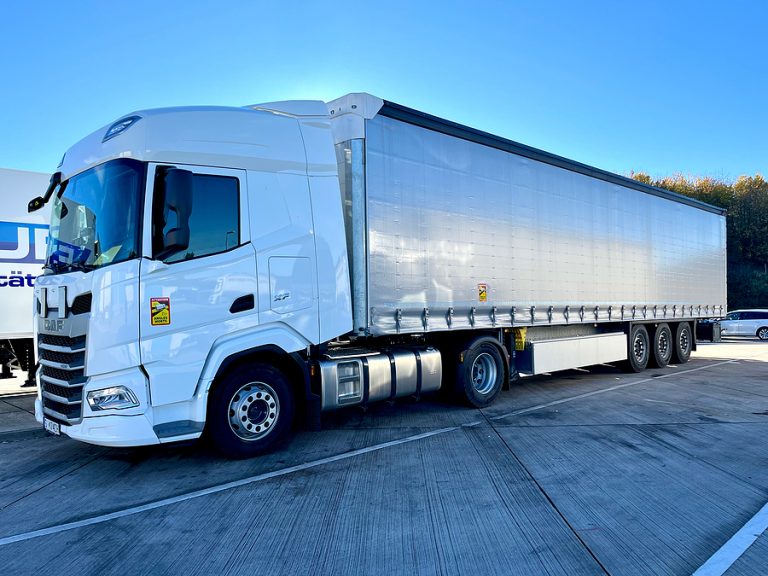What Information Can You Get from a Truck’s Black Box After an Accident?
 Michael Babboni
Trucking Accidents
If you were involved in a truck accident, your injuries and damages might be severe and catastrophic. Commercial trucks are much larger than regular vehicles and can potentially cause a lot of damage. This can result in high medical bills.
Michael Babboni
Trucking Accidents
If you were involved in a truck accident, your injuries and damages might be severe and catastrophic. Commercial trucks are much larger than regular vehicles and can potentially cause a lot of damage. This can result in high medical bills.For this reason, you want to document as much as you can from the accident to adequately support your truck accident injury claim. Evidence you want to gather following the truck accident includes photos and video, police reports, and truck maintenance records. You may even be able to collect critical evidence from the truck’s small computer.
The Electronic Control Module (ECM) or Event Data Recorder (EDR) is similar to the black box you know from an airplane. It records detailed information about the truck and its operations. Let’s take a look at how this small computer might be able to help your claim down the road.
Understanding the Role of an ECM
Trucks have been using an ECM to record data since the 90s. Typically, these small computers can hold up to 30 days of data. When it records new data, the old data gathered gets pushed out of the computer and may not be able to get recovered. Older ECMs have a much smaller capacity than newer models, so you will want to gather this data as soon as possible following the accident.
What kind of data does an ECM gather? It records detailed information about the truck’s recent operations, including its speed, engine revolutions per minute (RPM), how often the truck has been driven, what time of day the truck was in operation, and the duration in which the truck exceeded 65 miles per hour.
Can the Data From an ECM Help My Case?
ECMs were initially designed to help with fraudulent warranty claims and defects, but it has since become a vital component that provides a ton of information that can be used as evidence in a truck accident claim. It can make all the difference between losing or winning a claim.
Florida, Illinois, Massachusetts, and New Jersey are just four states that have approved the use of black box data to prove the speed of a vehicle involved in a crash. However, according to a Florida state court decision (State v Worsham), a warrant is required to access the black box data when used in a criminal case. This ruling recognized that the black box also contains private data that should be kept reasonably private.
Seventeen states total have passed laws to protect the data from these black boxes. As a result of this, truck companies were also given the right to destroy the data following an accident unless a court issued an injunction to retain the data.
How Useful Is the Data?
The information from these black boxes has been used in both criminal and civil cases in Florida. It has been helpful in cases where there were no witnesses, and additional facts about the accident were needed. However, since some driver behavior isn't collected, these devices don’t always present a clear and complete picture of the accident event, especially the moments leading up to it.
Since there are still so many questions surrounding the use of black box data following a truck accident, you want to consult with an experienced personal injury attorney familiar with these cases. They can help you collect the evidence you need to prove your claim and can help you collect fair compensation following the accident.
